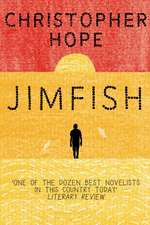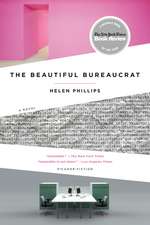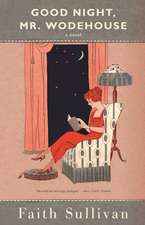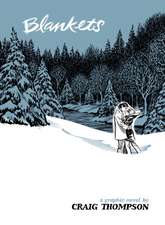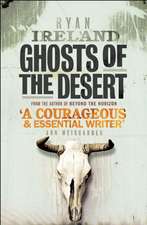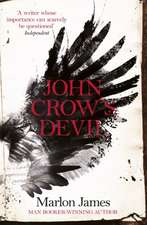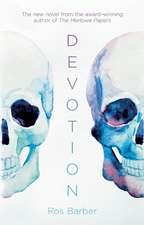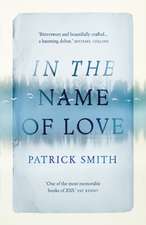One Hundred Miles from Manhattan
Autor Chris Orcutten Limba Engleză Paperback
"One Hundred Miles from Manhattan" is a novel about an upscale rural community (Wellington, NY), where the hills and the seemingly quaint village conceal lives of love, lust, adultery, tragedy and small wars.
Unlike other novels in the pastoral tradition, which tell the story of a place and a time through the eyes of a single character, this modern novel uses 10 narrators, a different one per chapter, to shed light on this exclusive community.
In Wellington, a trophy wife undergoes a shocking transformation. A medical doctor attracts his own destruction. A local bachelor steals a dog and has an epiphany. A town Casanova goes on a personal odyssey to make amends. And a Manhattan book editor reveals what it's like to be a first-time visitor to this rarefied world of wealth, horses and equestriennes.
To this exquisitely written novel, Chris Orcutt brings his meticulous craft and his talent for writing in multifarious voices and styles, all while exposing a world of massive estates, rolling green hills, hilltoppers, townies, celebrities, hopes, dreams, sex, and the fleeting promises of love...
"A Q&A with Chris Orcutt: "
What do you mean by "modern novel"?
Here's why I call "One Hundred Miles from Manhattan" a "modern novel" 1) the novel is told by 10 different narrators, one per chapter; and 2) the timeline is segmented.
For example, in the movie "Pulp Fiction," the scenes are presented out of order. That's what I do here. It's the story of one year in Wellington, but the events are shown out of order. The book starts in the late spring/early summer, then goes to the early spring, then mid-summer, etc. It is "not" in chronological order.
I believe this enhances the reader's experience. Also, many characters overlap between the chapters, and so do the events.
Why 10 different narrators or points of view?
As much as I admire the single POV novel, in today's ultramodern society, where everyone is a star (or considers himself one; social media tools aid in this delusion), everyone's story or POV contributes to the larger story. Nowadays, it doesn't make sense that any one person would be capable of telling the complete story of a town.
How is Wellington unique?
Actually, I don't think Wellington is unique (as in "being the only one of its kind") as much as it's iconic or symbolic.
There are lots of wealthy communities with big estates, rolling green hills, exclusive rod and gun clubs, pheasant farms, Range Rovers, a lively but mostly unnoticed equestrian scene, and a low simmer of conflict between "hilltoppers" and "townies." Wellington is meant to be an amalgamation of several of those places, and it's also meant to be more of an idea than an actual place. Mythical, if you will.
Imagine if the world of Mr. Darcy's Derbyshire could be transplanted to modern-day Upstate New York. That's Wellington.
What was your inspiration for the novel?
I first got this idea of writing a novel about a wealthy community over 20 years ago, when I was a reporter in a small town similar to Wellington. But at the time I could only envision the story being told from the POV of the local reporter. I'm so glad that I waited to write this book, because I think that the use of 10 narrators gives the reader a richer, broader experience of the town, and because back when I was a reporter, my writing skills weren't even close to what they are now.
I was also deeply inspired by my favorite classic authors of pastoral fiction including Chekhov, Tolstoy, Hardy and Austen.
Preț: 94.67 lei
Nou
18.11€ • 18.91$ • 14.99£
Carte disponibilă
Livrare economică 14-28 martie
Specificații
ISBN-10: 0615999832
Pagini: 252
Dimensiuni: 133 x 203 x 13 mm
Greutate: 0.26 kg
Editura: Have Pen, Will Travel



